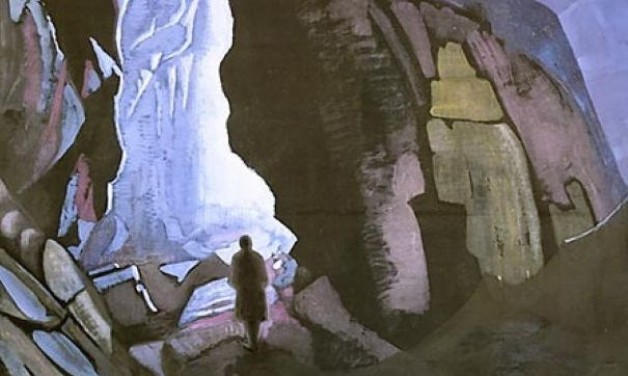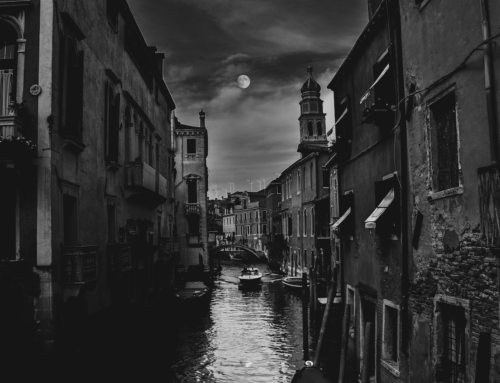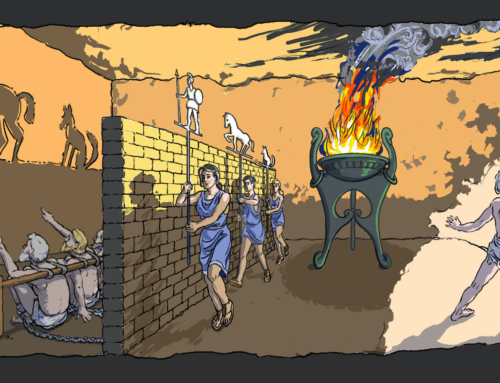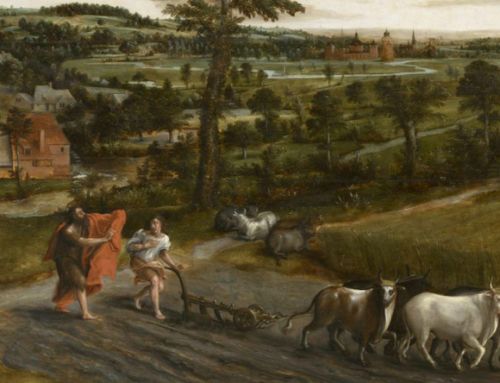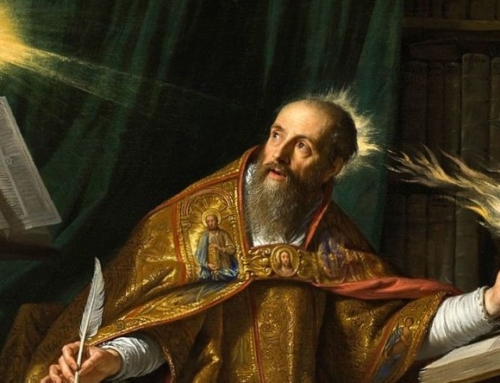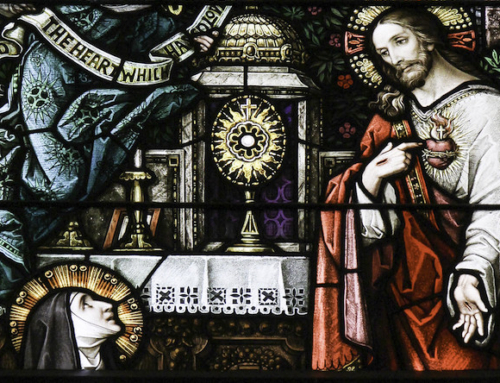Some people are surprised when they first find out that the Church requires years of philosophy for those preparing for the priesthood. In the midst of my Ancient Philosophy course, I was prone to lose sight of its helpfulness toward the end goal. Does it really matter whether Thales thought the universe was made of water? Do I really need to know why Parmenides said that motion was impossible? I mean, no one in our society denies motion, but people do deny the Eucharist and objective morality. How easy it is to want to get on with philosophy and get to theology—the good stuff.
The typical response to all this is that philosophy helps you to think critically and that a good philosophical background is necessary for a good theological education. And I could not agree more fully. But one additional perk is that philosophical arguments often serve as great analogies for the Christian life.
For Plato, what we experience is not reality. He claims that reality is transcendent; only the transcendent “forms” are truly real. Take a horse for instance. You can see and touch the horse, but the horse is only a glimpse of reality. Instead, the true reality of the horse is its form of “horse-ness”. Only by transcending this physical realm will we be able to truly experience reality. Plato explains this teaching by means of his famous Allegory of the Cave.
In Plato’s cave we find a crowd of people staring at shadows on the wall. Since these people have never left the cave or turned around to see the puppets casting the shadows, this is all they know. The shadows are their reality. But then, one man turns around, sees the puppets for what they are, and walks outside into the daylight. Blinded by the overwhelming light of day, he suddenly realizes that these shadows were only suggestive of reality. In stepping outside, he has come to experience Plato’s transcendent reality. Because the man was brave enough to endure the daylight stinging his cave adjusted eyes, he can now know the truth. He is amazed and enamored with his discovery of reality. He never wants to return to the cave’s darkness now that he can behold reality face-to-face.
Instead of permitting the man to stay outside the cave, Plato teaches that the man must return to rule the people as their Philosopher-King. He has an obligation to govern the cave dwellers for they will be worse off without him.
I won’t get into all the problematic aspects of Plato’s teaching on the forms. Let it suffice to say that for Aristotle and St. Thomas, reality is immanent. The computer screen you are currently looking at is real. Metaphysical problems aside, Plato’s Allegory of the Cave is a great analogy for the Christian life.
Let’s say that the cave is the world we live in, the shadows are created goods, and the outside is the spiritual realm. Just like the many cave dwellers in Plato’s story, it is very easy for us to get consumed by the things around us. We can be so focused on the shadows inside the cave, lured by the promise of riches and material goods, that we forget there is more to this life. But like the man who escapes the cave, the Christian faces the bright light. This walking out of the cave is the very journey of the Christian here on Earth. The Christian walks out of the cave, realizes there is more to life than this passing world, and has a conversion of heart. Just as the bright light was painful to the cave dweller’s eyes, so the Christian life is not easy. For “if any man would come after me, let him deny himself and take up his cross and follow me” (Mt 16:24). We have to face our imperfections and embrace the trials in our life, always aware that these difficulties are oriented towards something good. We don’t embrace the cross because the cross is pleasurable, we embrace it for the sake of life with Christ.
Heeding the advice of Plato, we too must return to the cave. We cannot be content with our own faith and keep it locked up for ourselves. However, we must not return to lord it over others (cf. Mt 20:25), as Plato proposes. Instead, we must tell others about the light of the world (cf. Jn 8:12), so that they might experience the beauty of the Truth outside the cave. Plato only permits a select few to leave the cave, but Christ “desires all men to be saved and to come to the knowledge of the truth” (1 Tim 2:4). During this year of faith, let us take the light we have received and return to the cave, taking to heart the words that Christ continues to speak to the Church, “Go into all the world and preach the Gospel” (Mk 6:15).
✠
Image: Nicholas Roerich, Bowels

